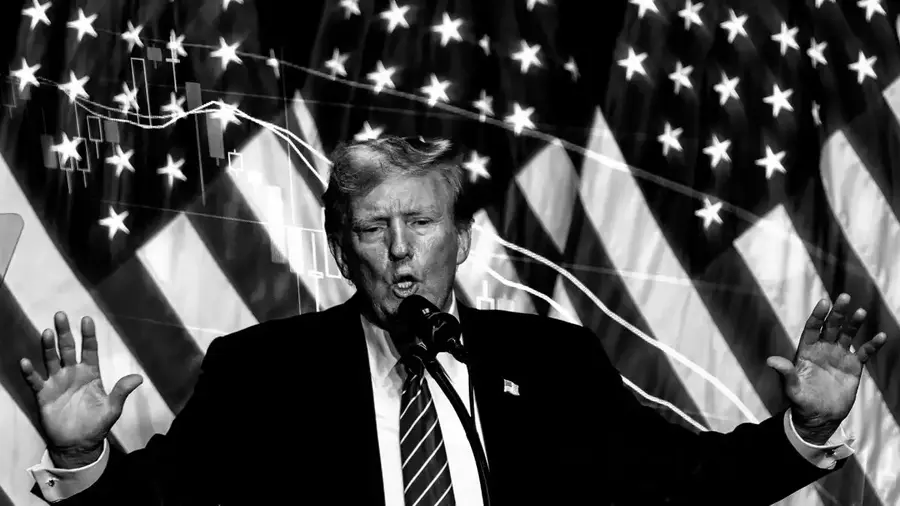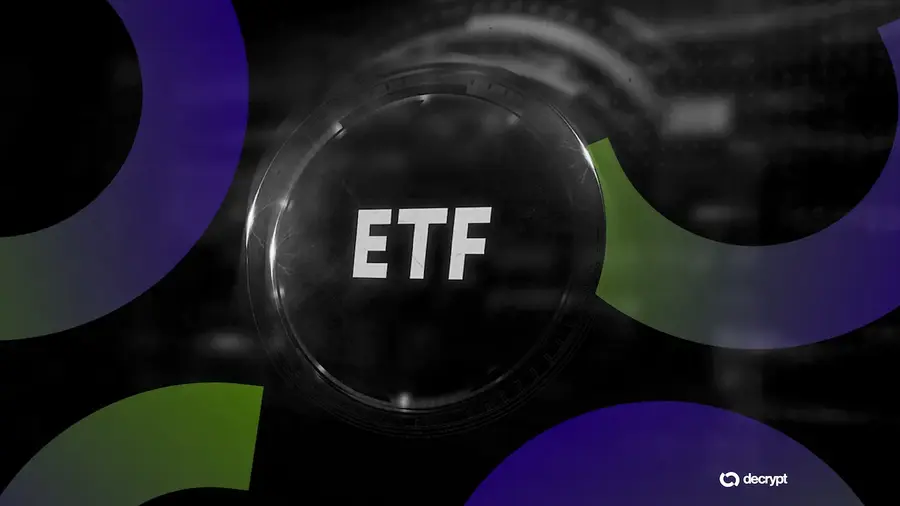House Cancels Vote on Big Crypto Bills After First Try Fails
A vote to move forward with important cryptocurrency laws failed on Tuesday and will no longer happen that day, even though it was expected to be tried again later.
The U.S. House of Representatives was supposed to vote on three major crypto bills during “Crypto Week,” including:
1. GENIUS Act – This bill, already passed by the Senate, would:
- Require stablecoins to be backed by U.S. dollars or similar assets.
- Demand yearly audits for stablecoin issuers worth over $50 billion.
- Set rules for foreign stablecoins.
- The goal was to get this bill to President Trump by the end of the week.
2. Clarity Act – This bill would:
- Set clear rules for how crypto is regulated in the U.S.
- Define which parts are overseen by the SEC and the CFTC.
- Require crypto firms to protect customer funds and provide clear information to users.
3. CBDC Ban Bill – Proposed by Rep. Tom Emmer, this would stop the Federal Reserve from creating a digital dollar (CBDC) that could be given directly to people.
Earlier on Tuesday, lawmakers voted 196–223 against allowing a final vote on the bills. Some Republicans, including Reps. Marjorie Taylor Greene and Chip Roy, voted no, stopping the process.
Rep. Greene later said she opposed the GENIUS Act because it didn’t include a full ban on central bank digital currencies (CBDCs) and because changes to the bill weren’t allowed.
Cody Carbone, CEO of the Digital Chamber, disagreed, saying the separate bill by Emmer already covers the CBDC issue. He also said the best way to compete globally and stop a government digital dollar is to pass the GENIUS Act and let private stablecoins grow in the U.S.
Carbone remains hopeful and said, “I’m very confident these bills will move forward tomorrow after more discussions.”
While the House website showed no more votes for Tuesday, some insiders believe votes could still happen later this week—possibly Clarity on Wednesday and GENIUS on Thursday—but that’s still uncertain.
Some expect President Trump, who strongly supports the GENIUS Act, might personally push lawmakers to move forward quickly.














































